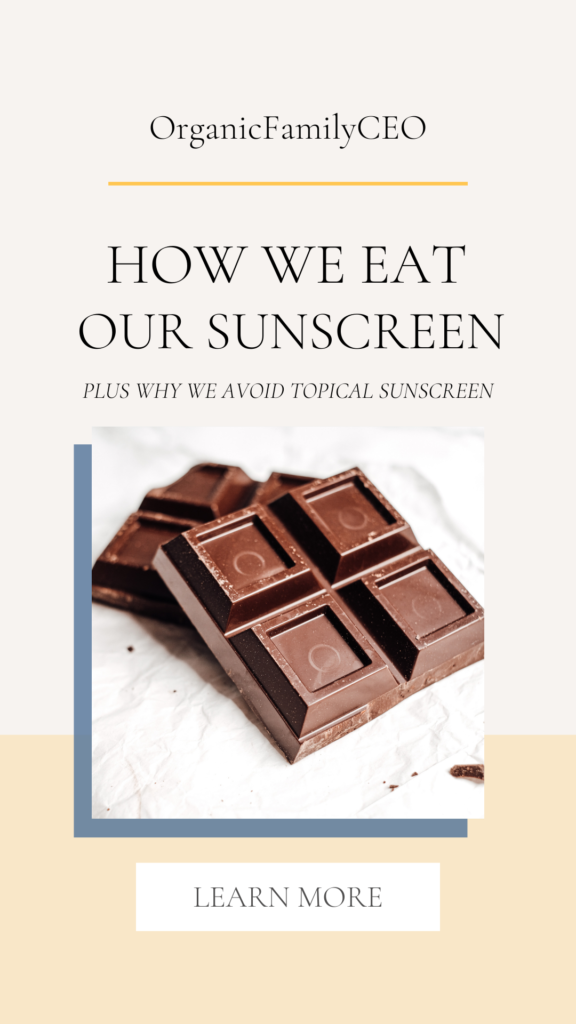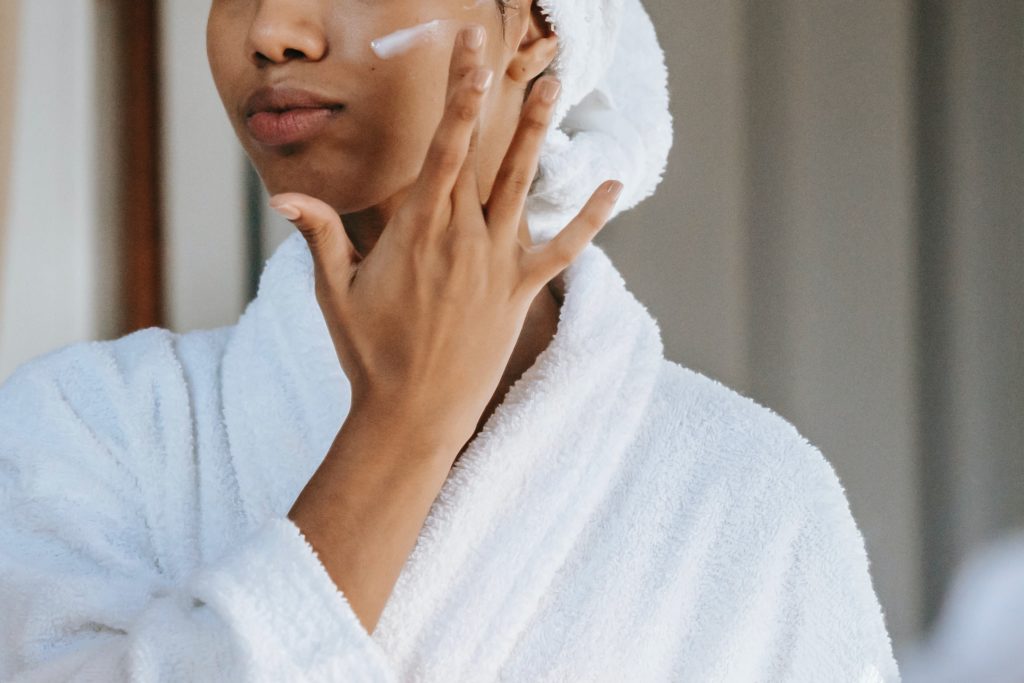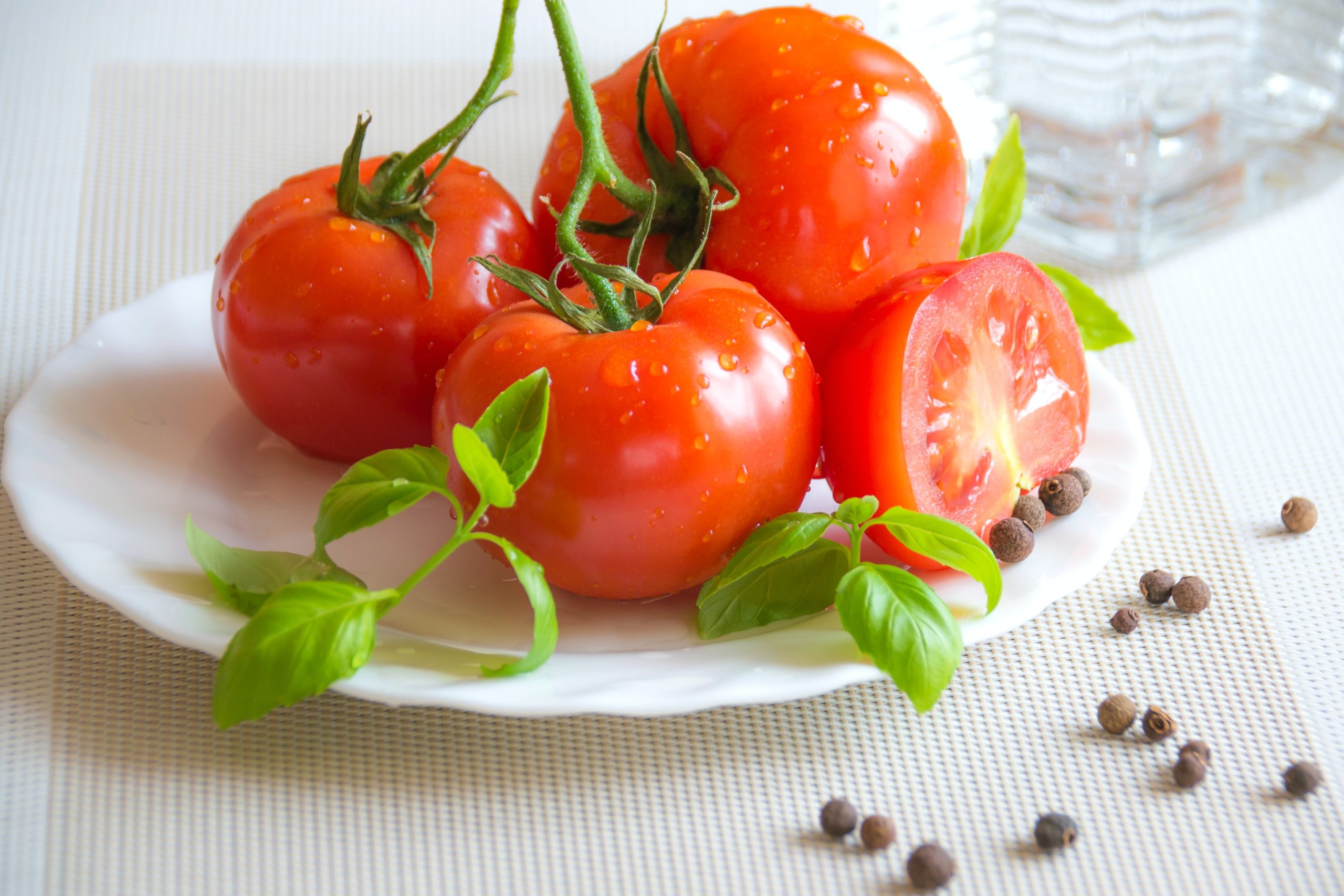Yes, you read that right.
And before you click away because you’re wondering “how in the world is this even relevant to parent entrepreneurship?!”, stick with us…
We protect our skin (+ our nursing baby’s skin) from the inside out by eating certain sun-protecting foods + avoiding other foods that make skin more vulnerable to burning. No, we don’t open a bottle of Coppertone + start chugging.
And this is an intentional time-saving, skin-saving strategy that helps us spend more time enjoying our sunshine with our little sunshines when we’re not behind the computer screen.
Think about it: How much of your beach days, pool days, lake days, hiking days, camping days, fishing days, playground days, soccer days, etc. are consumed by checking your burn levels or the last time you applied sunscreen – not just to you, but to your entire crew? Reclaiming fringe “worry moments” like these as a parent CEO can be instrumental in saving your energy.
Now, the sun isn’t the enemy — overexposure that leads to burning is. A smart relationship with the sun can actually improve your health + mood dramatically. Coupled with the foods in this post, you can still enjoy a sun-kissed glow as an added benefit + stop wasting your precious outdoor time panicking over where the sunscreen bottle is or chasing down little ones to constantly reapply.
In today’s post, we’re sharing how we eat our sunscreen for maximum sun benefits + efficiency as parent entrepreneurs.
Let’s go!

We’re in love with this strategy of protecting our skin from the inside out because of how effective it is.
Eating your sunscreen truly works — for babies + adults alike. This strategy even works for Kevin who is a freckled-skinned Irish guy who couldn’t even say the word “beach” before getting a sunburn.
Why we’re mostly in love with this strategy, though, is because we’re NOT in love with the ingredients in the majority of topical sunscreens.
Let’s get those reasons out of the way, so that you’ll be just as encouraged to try eating your sunscreen as your first level of sun protection.
What’s Not to Love About Most Topical Sunscreens
Skin cancer rates are rising in the United States despite more sunscreen use + reduced sun exposure in recent decades.
We travel to Europe often + we never see Europeans slathering on sunscreen. You’re also hard-pressed to find sunscreen for sale in the non-touristy parts of most European countries. Yes, part of that can be from their olive skin not needing as much sun protection, but not all Europeans have olive skin + culturally, they’re outside a lot more. That’s something to think about.
The chemicals commonly used in sunscreen may be endocrine disruptors, which means they may interfere with thyroid + the ways other hormones work in the body.
Oxybenzone is the most common sunscreen chemical + is considered an endocrine disruptor. This is a huge problem because endocrine disruptors can reduce sperm count in men + may contribute to endometriosis in women. Need we say more?

Okay, we will. Here’s a quick bullet list:
- Wearing sunscreen greatly reduces the body’s natural vitamin D production. Statistically, 75% of us are deficient in vitamin D + vitamin D deficiency has been linked to higher risk of cancer + heart disease (which kills more people than skin cancer per year). (1,2)
- A vitamin A derivative, retinyl palmitate, that is often used in sunscreens was shown to speed up the growth of cancerous cells by 21%.
- There’s a serious lack of unbiased, quality testing — Of the 1,400+ sunscreens tested by the Environmental Working Group (EWG), only 5% met their safety standards + over 40% were listed as potentially contributing to skin cancer.
The skin is our body’s largest organ. If we wouldn’t feed certain chemicals to our heart, lungs, or other organ systems, then why would we apply them to our skin?
A general rule in our family is: if we can’t pronounce the name of the ingredients or wouldn’t eat them, we don’t apply them to our skin. We also know that the most basic, natural methods have worked for thousands of years before the multi-billion-dollar beauty industry emerged.
As we see an increasing amount of evidence about the dangers of many sunscreens + their potential to increase rates of skin cancer, it’s important not to depend on sunscreens or be convinced that regular sunscreen use decreases the risk of skin cancer. Stay open-minded.
Foods to Love for Natural Sun Protection
Now, with that open-mind, consider what more of a plant-based diet could do for your natural sun protection.
In general, you’re aiming for an anti-inflammatory diet.
Healthy Fats — saturated, monounsaturated + omega-3 fats (found in small fish)
Leafy Greens — spinach, kale, dark lettuces
Lycopene — 2+ tablespoons of tomato paste daily
Antioxidants — help reduce inflammation + free radicals, which protects against skin damage.
- Berries — Eat a variety of strawberries, blackberries, raspberries + blueberries. Each have their own benefits!
- Dark Chocolate — Go for 70% cacao from the natural foods store, when you can.
Tip: If you’re a chocolate lover, we don’t recommend switching to that healthier cacao cold turkey. Wean yourself! Courtney has a BIG sweet tooth + instead just limits herself to a couple of dark chocolate-covered pretzels or frozen banana slices (both from Trader Joe’s) when she’s trying to satisfy that craving.
Foods to Avoid for Natural Sun Protection
- Polyunsaturated fatty acids
- Omega-6 fats
- Grains
- Sugars
- Processed foods
- Vegetable oils
Vegetable oils make you most prone to burning, so cook with a little simple, organic olive oil when necessary + limit the amount of takeout or frozen food you consume. Fresh is best!
There are times when sticking to a healthy, anti-inflammatory diet consistently simply isn’t as possible as you’d like, so relying on this strategy as your sole source of sun protection can be hard. We get it!
In addition to a whole foods diet, we supplement our sunshine with a few select vitamins + products.
[Related: Our Daily Vitamins + Supplements]
We’d love to hear from you: have you ever tried eating your sunscreen?
How do you make your outdoor time more enjoyable + efficient?
For more wellness + efficiency tips for parent entrepreneurs – including some of our favorite “eat our sunscreen” recipes – be sure to subscribe to our newsletter below.
